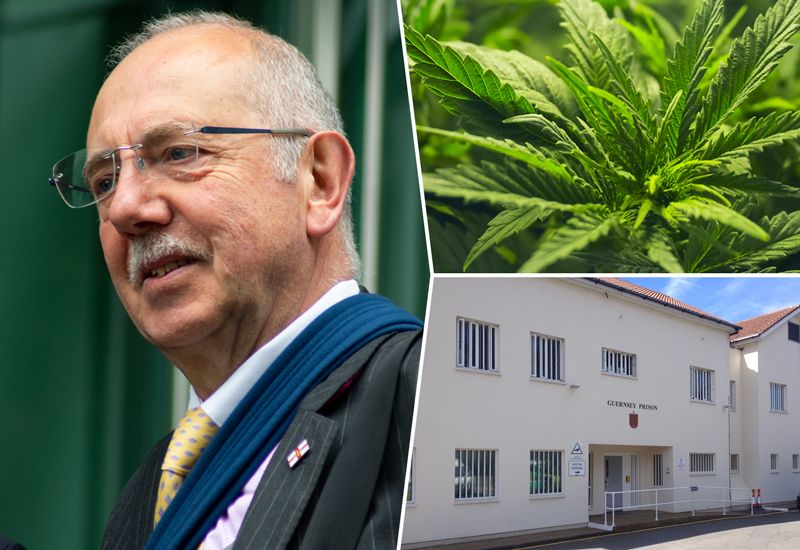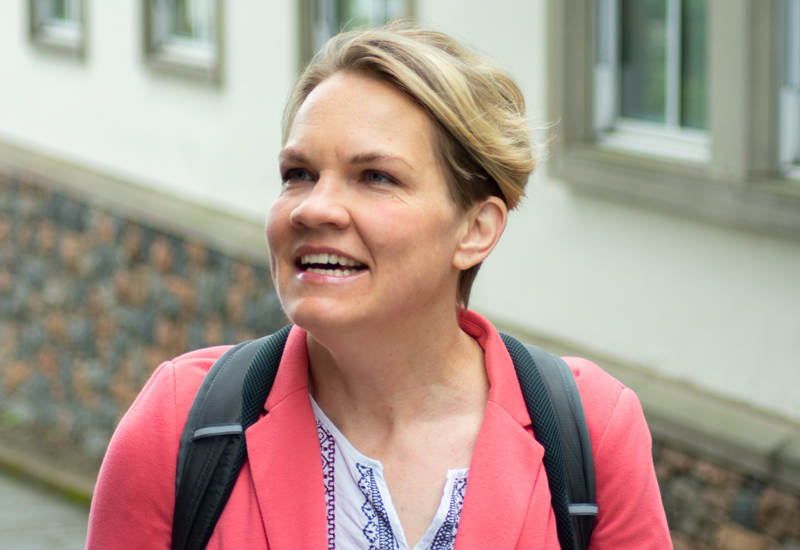


A review of non-punitive sentences for small amounts of drugs should be prioritised, according to the HSC President, however he refused to bow down to those who shout the loudest and those who "fill his inbox" with pleas for legalisation.
Deputy Sasha Kazantseva-Miller sought answers from Deputy Al Brouard on the progress made investigating non-punitive sentences for people found with small amounts of drugs, following escalating concerns in the community over the severity of current sentencing.
10 months since the States backed the review, Deputy Kazantseva-Miller sought to fill an "information vacuum" on what has happened since, what else needs to be done, and by when.
With multiple reviews touching upon personal use drugs, including HSC's Combined Use Strategy and Home's wider Justice Review, Deputy Brouard said possession of small amounts had been separated out in order to provide focus and priority to that work.
An independent review of approaches taken in other jurisdictions had provided some "useful" information, he said, but was not a sufficient basis on which to come up with a solution in Guernsey.

Pictured: Deputy Kazantseva-Miller posed the question in the States today.
Everything will hinge, Deputy Brouard said, on whether this work makes the cut when the States decides where to focus its resources for the next four years in July's Government Work Plan debate.
"We have it down as a priority and it is something the community wants to discuss and debate, but I think the timescales and resources are in your hands," he told the Assembly.
If resources are allocated, this work could be completed in six months "with a fair wind", however Deputy Brouard is doubtful.
HSC's focus, he added, must be on "identifying the health, wellbeing and safety of people who use drugs" and not simply yielding to calls for drug reform.
"It sounds very simple to say we’ll just look at alternatives but we have to have engagement with the community," he said.
"We have those who lobby from time to time from a particular part of our community and we have people in our community with a very different view who haven’t yet lobbied us or come forward."
He continued: "When you actually start to unpick it, it is very easy to say ‘no’ and have a very tight society that doesn’t allow drugs in. It is very difficult to open it up to just allow a little bit – what do you do with the drug dealer, how do you allow the drugs in, do you look at importation, is it one strike and you’re out?"
Ultimately, he deferred ultimate responsibility for the work to the wider Assembly, who will get to vote on whether or not it's a priority this States term.
"It is very difficult and a lot of work will have to be done with a lot of committees," said Deputy Brouard.
"It is for this Assembly to decide the GWP. If it does not get the appropriate resources and funding, it will still be there and we will still work towards it, but it will not get the resources you may want."
Comments
Comments on this story express the views of the commentator only, not Bailiwick Publishing. We are unable to guarantee the accuracy of any of those comments.